Timeline: one year since the death of George Floyd
Police killing of the unarmed African American prompted moment of reckoning for US race relations
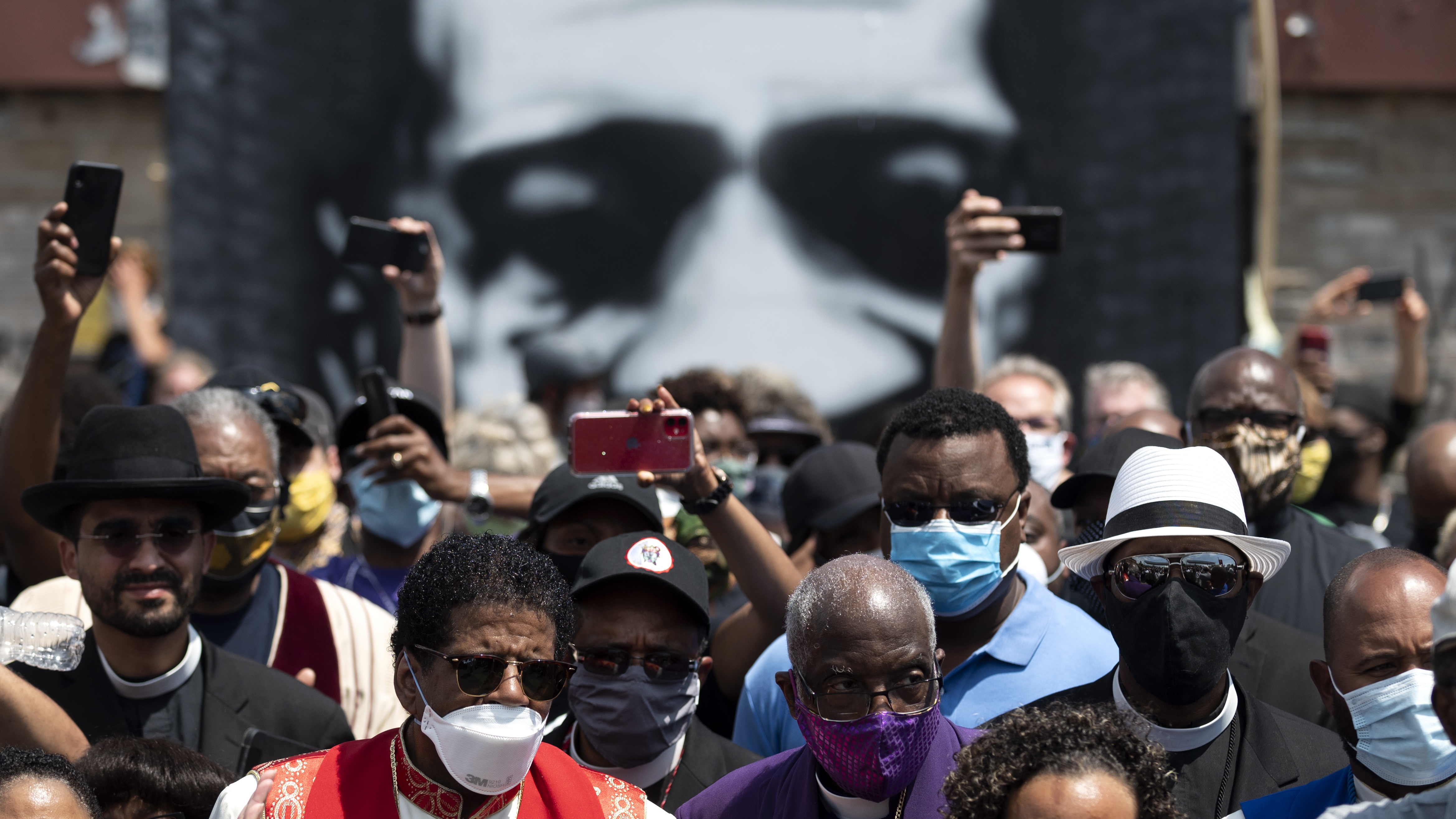
A free daily email with the biggest news stories of the day – and the best features from TheWeek.com
You are now subscribed
Your newsletter sign-up was successful
British police were twice as likely to fine young black and Asian men for breaking coronavirus lockdown rules than their white peers, new figures have shown.
National Police Chiefs’ Council (NPCC) analysis of fixed-penalty notices issued under the new coronavirus laws found that BAME people were 1.6 times more likely to be fined than white people.
And young BAME men were issued with fines at twice the rate of young white men, reports The Guardian.
The Week
Escape your echo chamber. Get the facts behind the news, plus analysis from multiple perspectives.

Sign up for The Week's Free Newsletters
From our morning news briefing to a weekly Good News Newsletter, get the best of The Week delivered directly to your inbox.
From our morning news briefing to a weekly Good News Newsletter, get the best of The Week delivered directly to your inbox.
Some 17,039 fines were issued between 27 March and 25 May, equalling three fines per 100,000 people. But black people were fined at a rate of 4.6 per 100,000, and Asian people at a rate of 4.7 per 100,000.
Earlier this month, a group of 40 MPs and peers wrote a letter to the NPCC saying penalties had been handed out in an “inconsistent and discriminatory” way, amid racial and regional disproportionality, reports The Independent.
NPCC chair, Martin Hewitt, said that the figures raised alarms: “While it is a complex picture, it is a concern to see disparity between white and black, Asian or ethnic minority people.
“Each force will be looking at this carefully to assess and mitigate any risk of bias – conscious or unconscious – and to minimise disproportionate impact wherever possible.”
A free daily email with the biggest news stories of the day – and the best features from TheWeek.com
Is racism a problem in the UK police force?
The Metropolitan Police force was famously branded “institutionally racist” in 1999 by retired High Court judge William Macpherson, who led the public inquiry into the fatal stabbing of black teenager Stephen Lawrence in 1993.
Last year, Macpherson told the BBC that while police had taken steps the right direction in the two decades since his report was published, “there’s obviously a great deal more to be done”.
Raw statistics bear out his claim. According to an analysis of Home Office internal data last year, black people are 40 times more likely than white people to be stopped and searched by police in the UK.
Black, Asian and minority ethnic people (BAME) are also significantly more likely to be falsely accused of shoplifting than white people, according to the findings of an ICM survey of more than 3,000 Britons in 2018.
Further signs of racial bias can be detected in the issuance of fines for alleged violations of coronavirus lockdown regulations. A recent analysis of NPCC data by journalists from Liberty Investigates and The Guardian found that BAME people were 54% more likely than white people to be fined in London.
Across England, BAME people account for at least 22% of lockdown fines, despite only accounting for about 15% of the population.
“For years there has been extensive evidence that police powers are used to disproportionately and unfairly to target black and Asian communities,” said Kevin Blowe, the coordinator of the Network for Police Monitoring.
“It comes as little surprise that these figures indicate racial profiling has continued and even accelerated under the lockdown.”
–––––––––––––––––––––––––––––––For a round-up of the most important stories from around the world - and a concise, refreshing and balanced take on the week’s news agenda - try The Week magazine. Start your trial subscription today–––––––––––––––––––––––––––––––
How else do BAME people appear to be targeted?
BAME people are also massively overrepresented in the prison system, accounting for 25% of prisoners, according to the Lammy report, an independent review into the treatment of BAME people in the criminal justice system chaired by Labour MP David Lammy.
And more than 40% of young people in custody are from BAME background. In fact, “there is greater disproportionality in the number of black people in prisons here than in the United States”, the report says.
Non-white people are also more than twice as likely to die in police custody, says Inquest.org.uk, a charity concerned with state-related deaths in England and Wales.
Lambros Fatsis, a lecturer in sociology and criminology at Southampton University, says that “the policing of black British culture claims a long history”.
“It might take another Black Lives Matter moment to wake up to police racism and recognise that when policing is part of the problem, it can’t also be the solution to violent crime,” Fatsis wrote in a 2018 article on The Conversation.
“This is not just ‘horrible stuff that happens in America’,” concludes The Guardian’s Afua Hirsch in an opinion piece about the Floyd protests. “Black people know we need to dismantle the same system here.”
-
 House votes to end Trump’s Canada tariffs
House votes to end Trump’s Canada tariffsSpeed Read Six Republicans joined with Democrats to repeal the president’s tariffs
-
 Bondi, Democrats clash over Epstein in hearing
Bondi, Democrats clash over Epstein in hearingSpeed Read Attorney General Pam Bondi ignored survivors of convicted sex offender Jeffrey Epstein and demanded that Democrats apologize to Trump
-
 Are Big Tech firms the new tobacco companies?
Are Big Tech firms the new tobacco companies?Today’s Big Question Trial will determine if Meta, YouTube designed addictive products
-
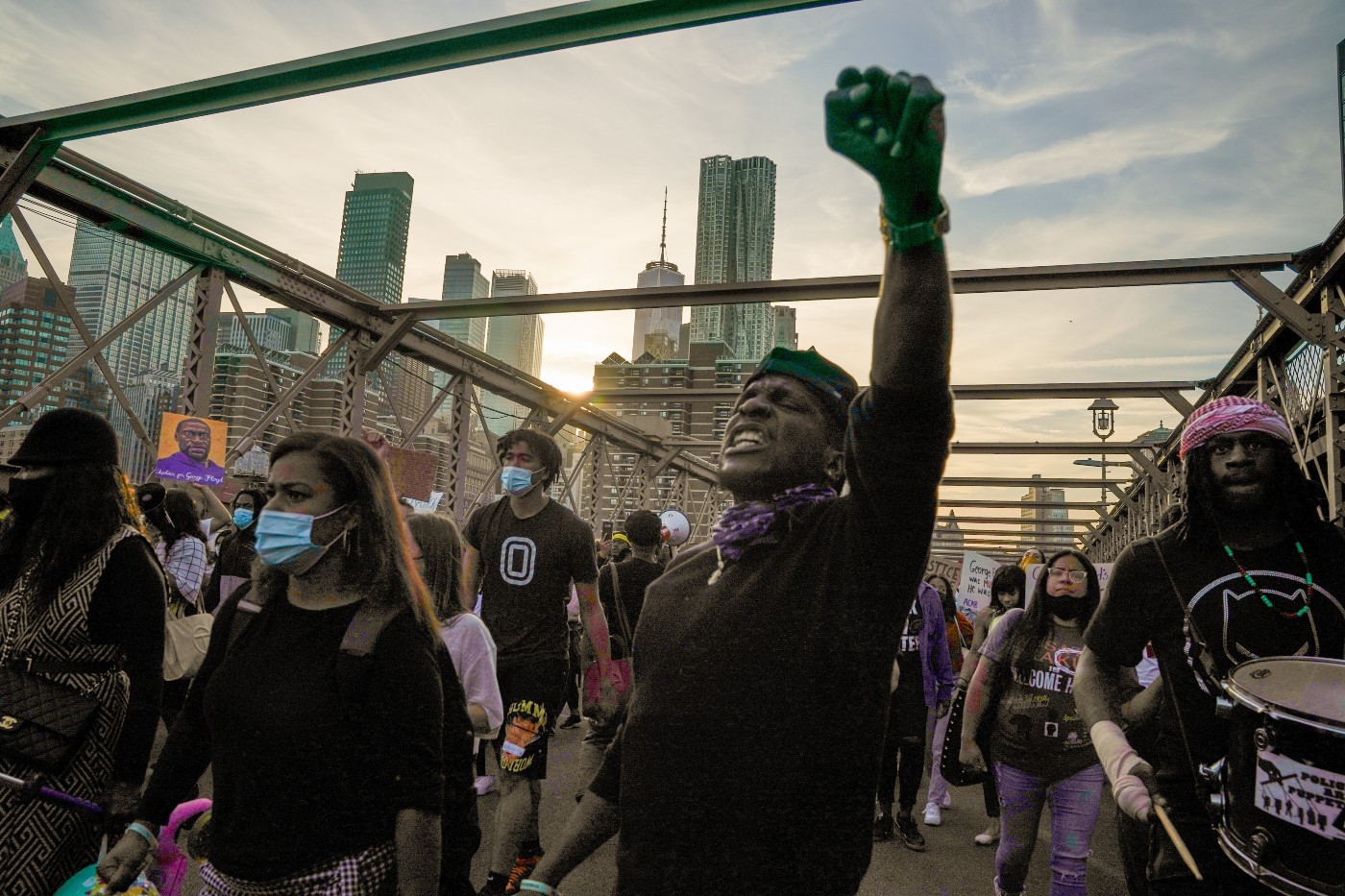 George Floyd legacy: what has changed in the US three years on
George Floyd legacy: what has changed in the US three years onfeature Police officers are more accountable but has ‘white empathy’ hit a wall?
-
 Why energy firms are sending in bailiffs during cost-of-living crisis
Why energy firms are sending in bailiffs during cost-of-living crisisfeature A Times investigation found that debt collectors had been force-fitting meters in people’s homes
-
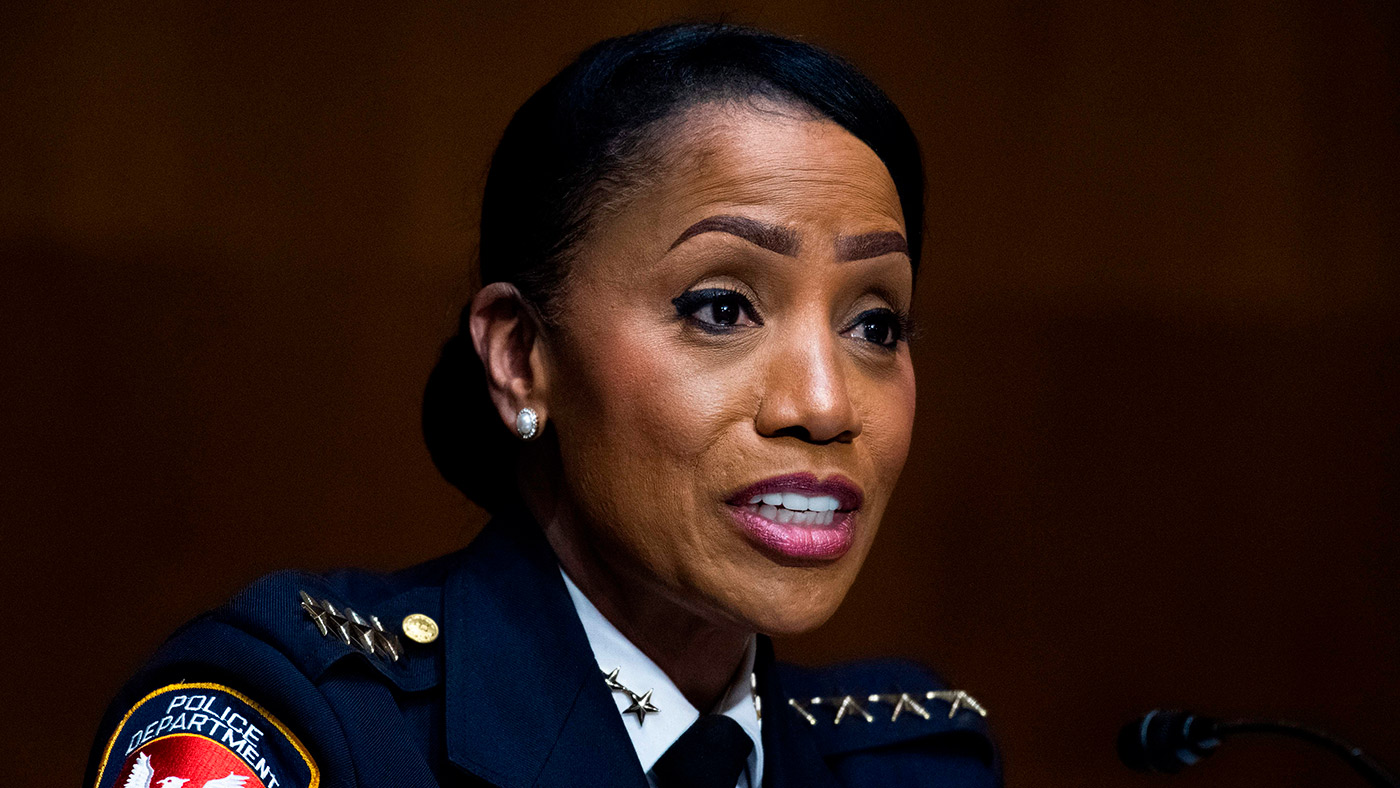 US elite crime-fighting units: a recipe for trouble?
US elite crime-fighting units: a recipe for trouble?feature Tyre Nichols’ death in Memphis highlights the dangers of using of elite crime-fighting units
-
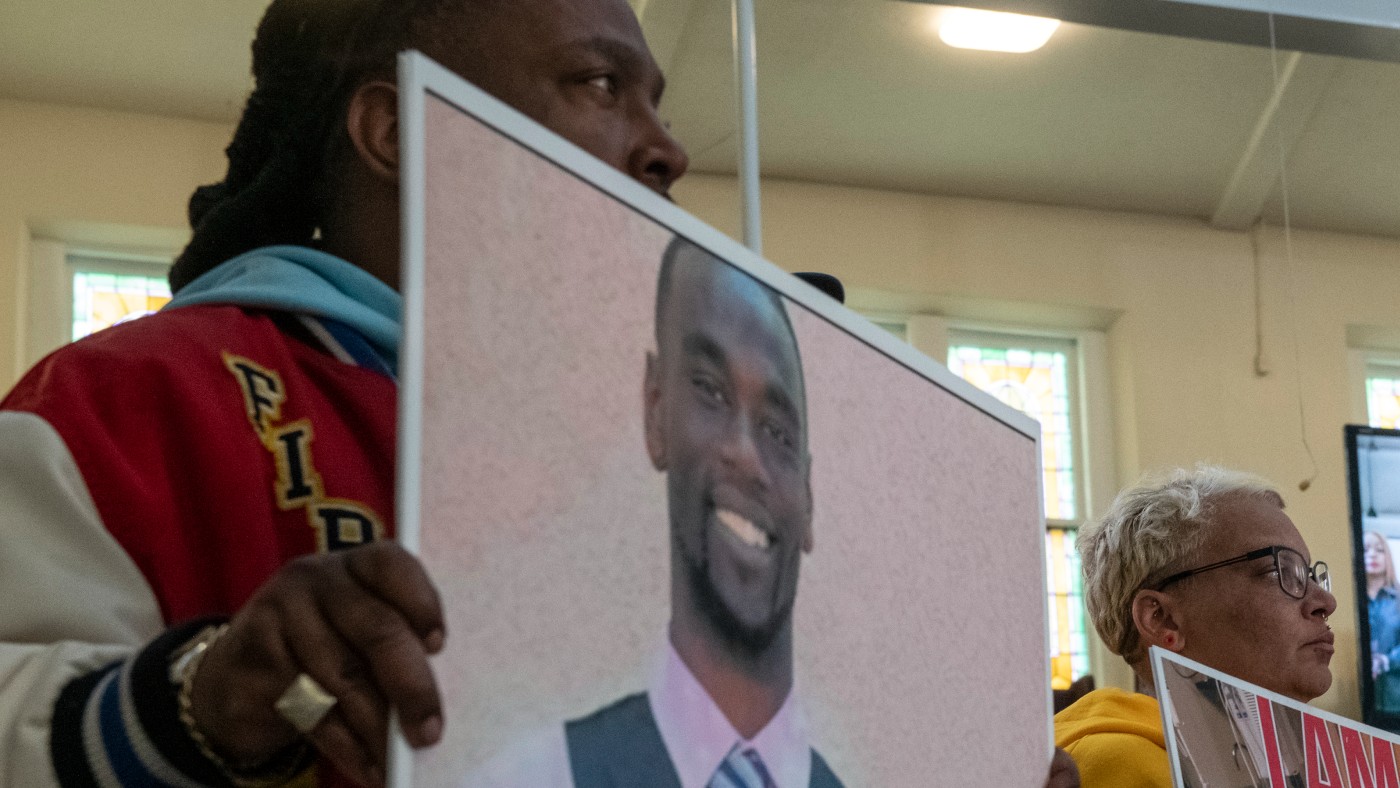 What happened to Tyre Nichols?
What happened to Tyre Nichols?Speed Read President Biden calls for ‘peaceful protest’ ahead of video release showing Memphis police officers fatally injuring 29-year-old
-
 ‘Police tactics are not getting worse, they are simply being filmed’
‘Police tactics are not getting worse, they are simply being filmed’Instant Opinion Your digest of analysis from the British and international press
-
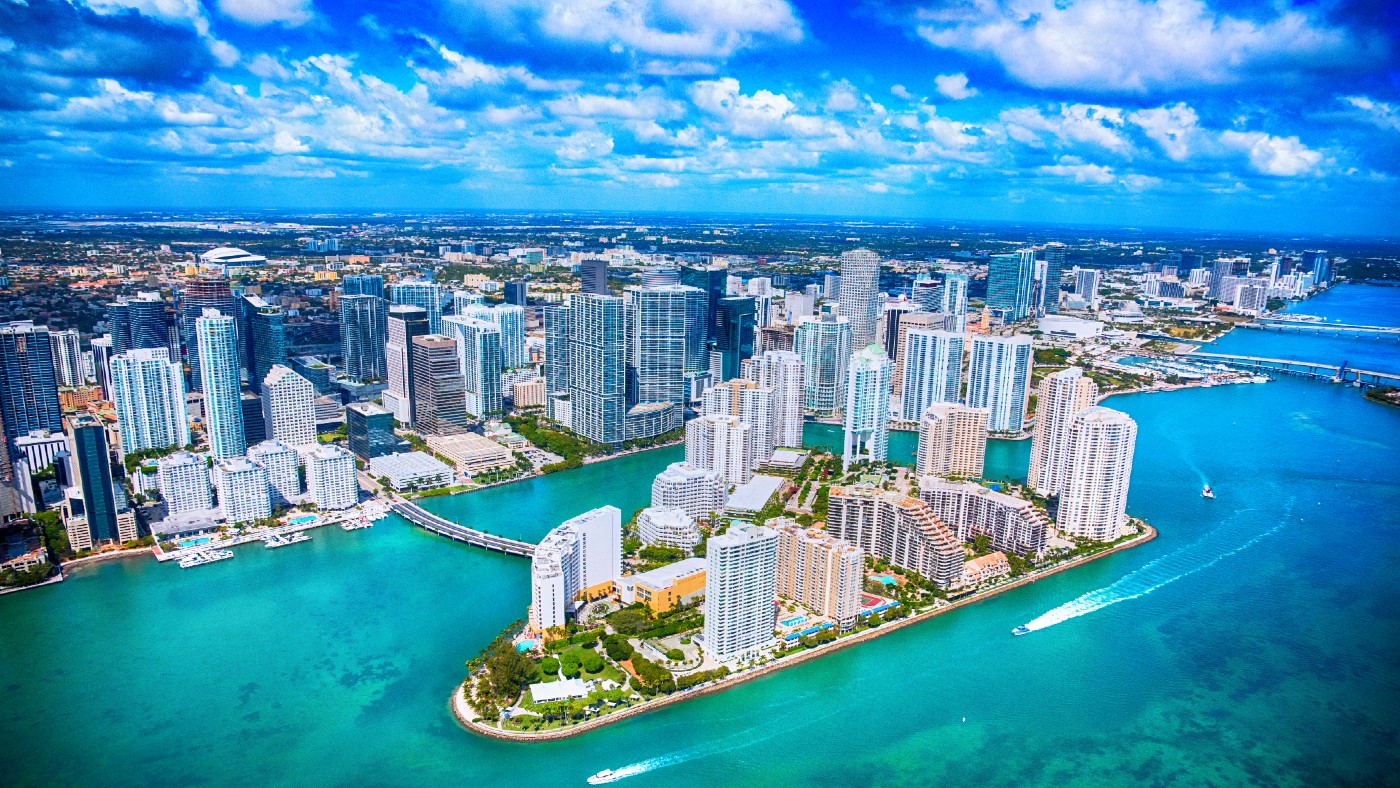 A sunshine state of mind: the mass exodus to Florida
A sunshine state of mind: the mass exodus to Floridafeature Could Florida be the new New York?
-
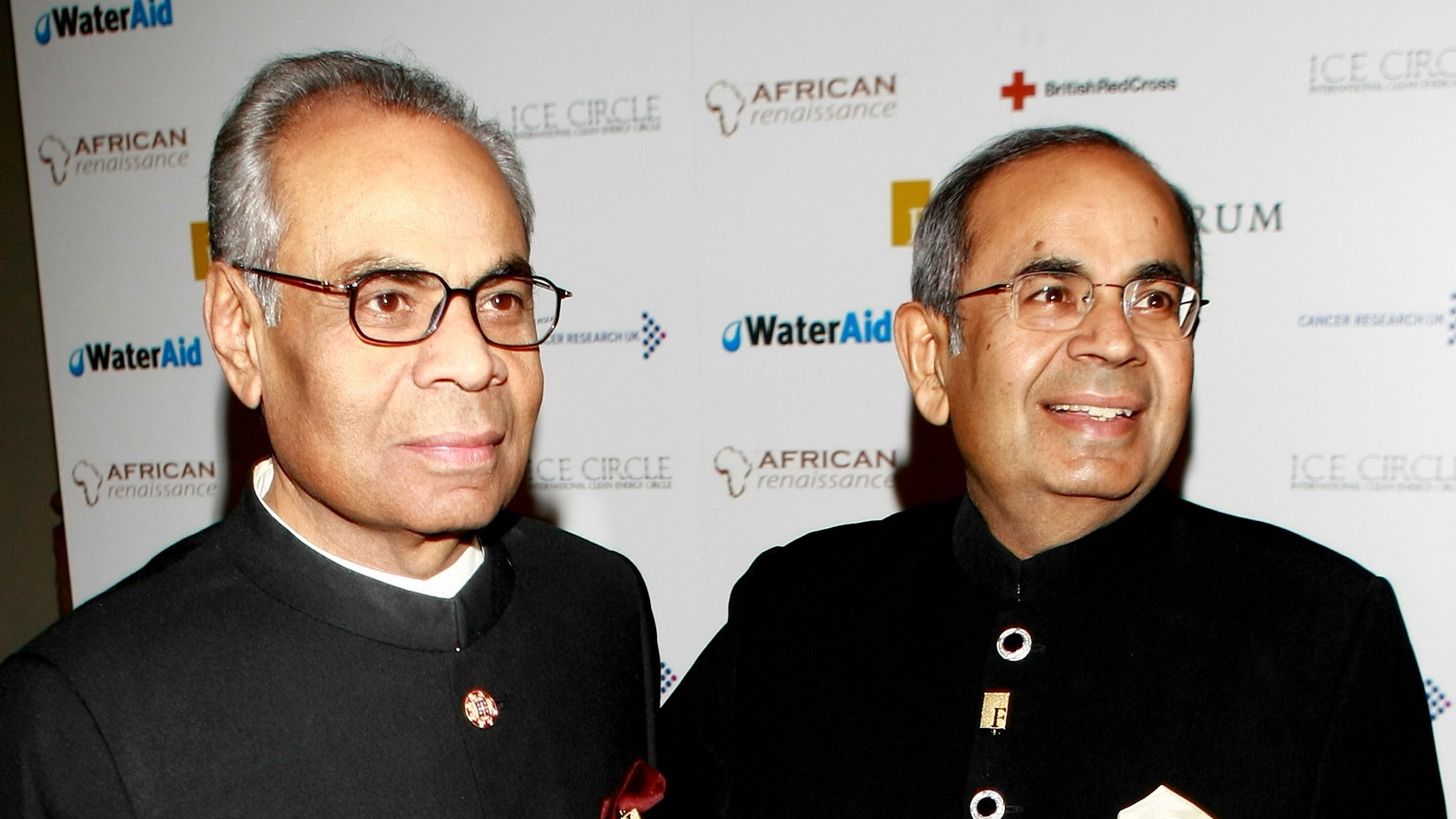 Who are the UK’s richest people?
Who are the UK’s richest people?feature Anglo-Indian brothers top this year’s list of the country’s billionaires
-
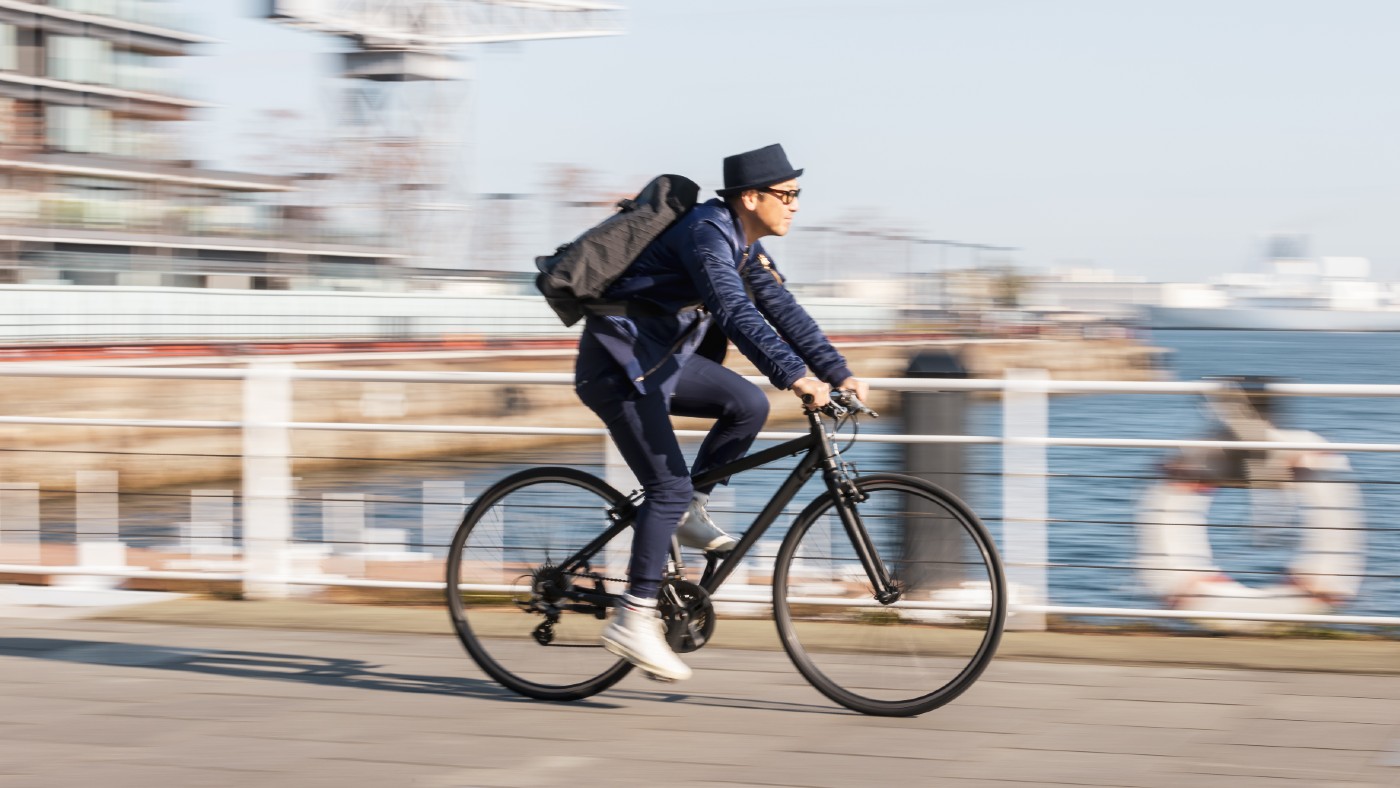 Does the Highway Code prioritise cyclists?
Does the Highway Code prioritise cyclists?feature Updated code introduces new ‘hierarchy of road users’ that places drivers below pedestrians and cyclists